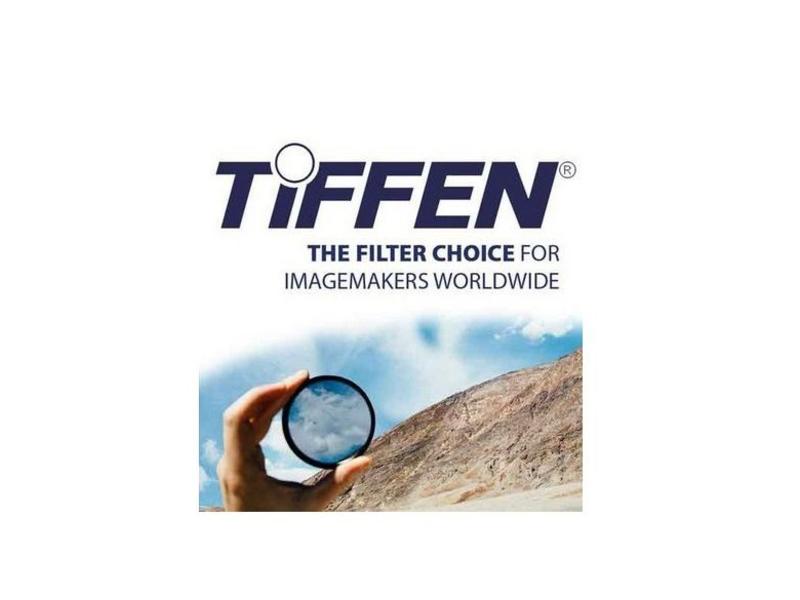95C WW IR ND0.6 FILTER - W95CIRND6
The 95mm (Coarse Thread) Water White Glass IRND 0.6 Filter from Tiffen has several uses and offers the possibility to achieve otherwise unachievable results. This filter provides clearer and purer neutral density than provided by standard ND filters. The benefit is that it works better with today's high-definition cameras and lenses. Because of this enhanced clarity, stronger grade ND filters can be used while still enabling the shooter to adjust exposure without affecting color balance.
ND filters appear gray and reduce the amount of light reaching the either the sensor of a digital camera or the film plane of a traditional film camera. Neutral density filters are used to create some unusual special effects such as capturing the "blur" of the rippling water of a waterfall or the swirling effect of city traffic. Since they allow the use of slower shutter speeds in bright light, it becomes possible to create these special effects that would normally not be possible to capture without the filter. And since they can also help to control your depth of field, they permit you to shoot at wider apertures. Ultimately, their value is in helping to prevent bright, overly washed-out images shot in bright light.
A 0.6 (2-stop) neutral density filter is often considered an average ND filter to use that normally compensates for preventing a bright, washed out image when shooting with a high ISO in bright light. However, it is purely situational as to which degree of ND you should use in any given venue. By slowing down your shutter speed even more, you will begin to see more movement in the image such as the blurring of water. The difference between fore/background becomes more noticeable.
Water White glass, incorporating ColorCore technology, is characterized by a high transmission quality. Typically, it will transmit 98-99% of the light. It also features an anti-glare and anti-reflective quality that makes it useful in a wide range of uses including the movie theater industry and store and art displays. The glass is virtually defect-free and is becoming more and more prevalent in digital equipment.
Reduces Infrared Bleed Above 700nm
Neutral Density Filters Have Four Main Uses
Superior Quality






